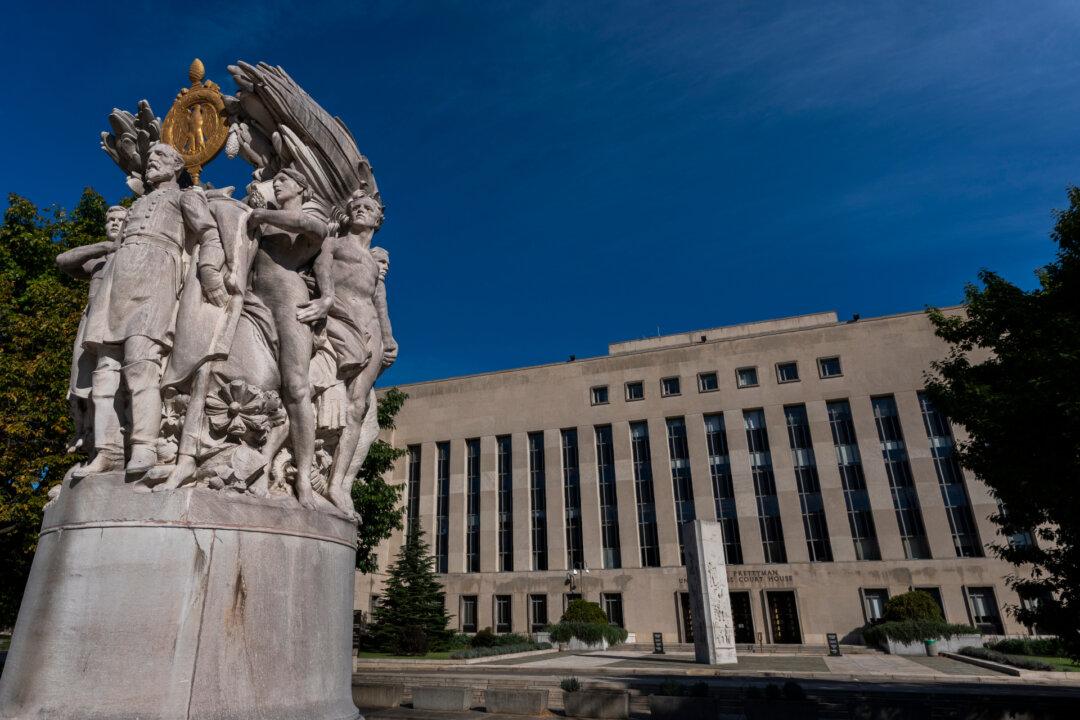A Singaporean national was sentenced to 14 months in prison for recruiting U.S. government officers to collect valuable intelligence for the Chinese regime, the Justice Department announced on Oct. 9.
Jun Wei Yeo, who also goes by the name Dickson Yeo, admitted in July to soliciting non-public military and political information from unsuspecting U.S. government employees that he claimed was intended for clients in Asia, but was, in fact, passed to Chinese state agents.





